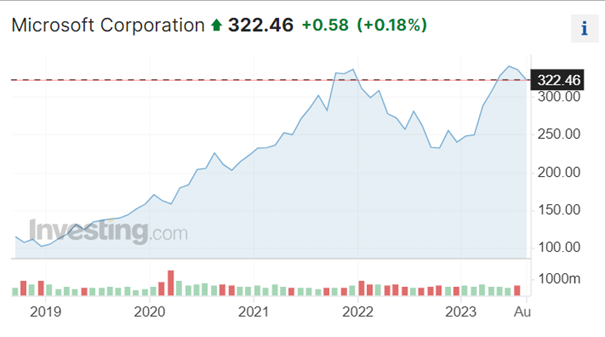Article on Reuters said that Activision Blizzard is pursuing an unconventional strategy by selling its streaming rights to Ubisoft Entertainment as part of its efforts to secure approval from the UK's anti-trust regulator for its 69 billion USD acquisition by Microsoft. This move aims to address concerns raised by Britain's competition authority about Microsoft's potential dominance in the emerging cloud gaming market. After Microsoft's monumental gaming deal was blocked by the UK's Competition and Markets Authority (CMA), the regulatory body held firm to its original decision and compelled Microsoft to devise a new arrangement. Under the revised agreement, Microsoft will no longer have the exclusive right to release Activision games like "Overwatch" and "Diablo" on its Xbox Cloud Gaming platform or control licensing terms for rival services. Instead, French gaming company Ubisoft will acquire cloud streaming rights for Activision's current PC and console games, as well as any future releases for the next 15 years. Now, in my opinion rather bad news for Microsoft. However, article continued with the following. Microsoft expressed confidence in its new proposal, viewing it as significantly distinct from the previous one. The company anticipates the CMA to review the proposal by October 18. The CMA will subject the new deal to its regular evaluation process, culminating in a Phase 1 review ending on October 18. If concerns about competition persist, the CMA could initiate a more extended Phase 2 assessment. Both Microsoft and Activision have extended the deal deadline by three months to accommodate the prolonged regulatory process.
For the sake of Microsoft, and Activision, I hope that the deal will go through. But I saw an opportunity here to speculate on Microsoft stocks. Since their start on the stock exchange, they have generated an unbelievable growth of more than 322,000%. * Rest assures, they are one of the biggest tech companies in the world, when talking about operating systems for computers. As many other companies, they have also suffered a correction in 2020, but nothing too harsh, as stocks fell “only” for 20%, and are now back on track. * Despite them being near the all-time high, I still see the potential in the company.

Movement of Microsoft in the last five years. (Source: Investing) *
* Past performance is no guarantee of future results.








